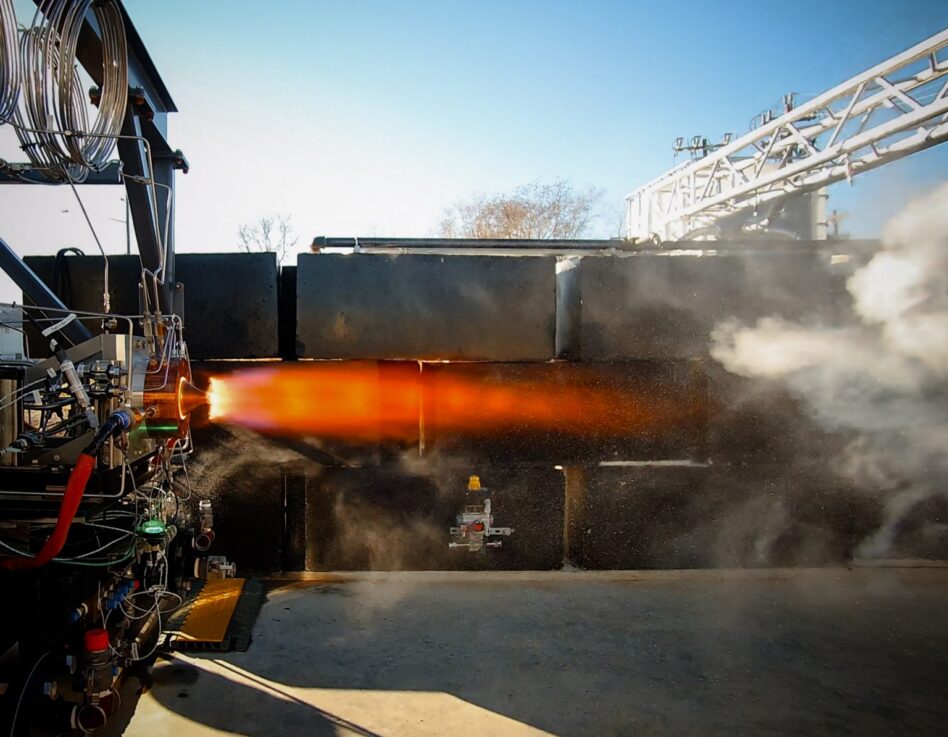Just days after being licensed by the DoD’s Small Business Investment Company Critical Technologies (SBICCT) initiative, America’s Frontier Fund (AFF) announced it’s backing Venus Aerospace in its quest for hypersonic flight. Venus says the money from the Eric Schmidt and Peter Thiel-backed fund will help advance its VDR2 engine for use in high-speed capabilities from missiles to lunar landers.
AFF and Venus declined to disclose the full amount of the Series A investment.
“Venus has cracked something that people have tried to do for 50 years,” Jordan Blashek, managing partner and co-founder of AFF told Tectonic. “That, to us, is the game changer. It’s a new paradigm for hypersonic travel.”
Sushi dinner: Since its founding in 2020, Venus has worked towards a goal of “one-hour global travel.” When they announced plans for the Mach-9 Stargazer spaceplane in 2022, the company said it would be able to “take off from LAX and land in Tokyo in an hour, and then make the return flight to get you home for dinner.”
Manned flight is still more than a decade away, however, CEO Sarah Duggleby told Tectonic. For now, they’re focused on building up to a planned ground test of the VDR2 engine later this year.
- According to Venus, the VDR2 will reach 4,600 mph (more than Mach 6).
- The company successfully ignited VDR2 at the end of 2024.
- VDR2 can be used in a range of tech, from missiles to hypersonic drones to space propulsion.
- Venus says it’s pursuing contracts with the Navy, Air Force, and Space Force, and engine integrations with private companies like Anduril. The company has already partnered with NASA to develop RDRE engines.
Around and around: Rotating detonation rocket engines—the core of the VDR2—are more efficient than your run-of-the-mill combustion engines. The detonation- (rather than deflagration-) based process results in pressure-gain rather than pressure-loss combustion. In other words, these engines can produce more thrust with the same amount of fuel.
Plus, the addition of a Ramjet, according to the company, makes for high efficiency, long-range cruise. Venus successfully tested a supersonic drone in February 2024 and will air-test an RDRE drone this year.
Arms race: Hypersonics have grown increasingly critical as China and Russia have advanced their own capabilities. China said it tested a new air-to-air hypersonic missile this week and has tested hypersonic aircraft. Russia, meanwhile, has used hypersonic missiles in Ukraine. AFF has invested heavily in technologies critical to competition with China, including chipmaking.

